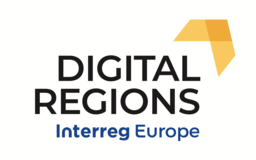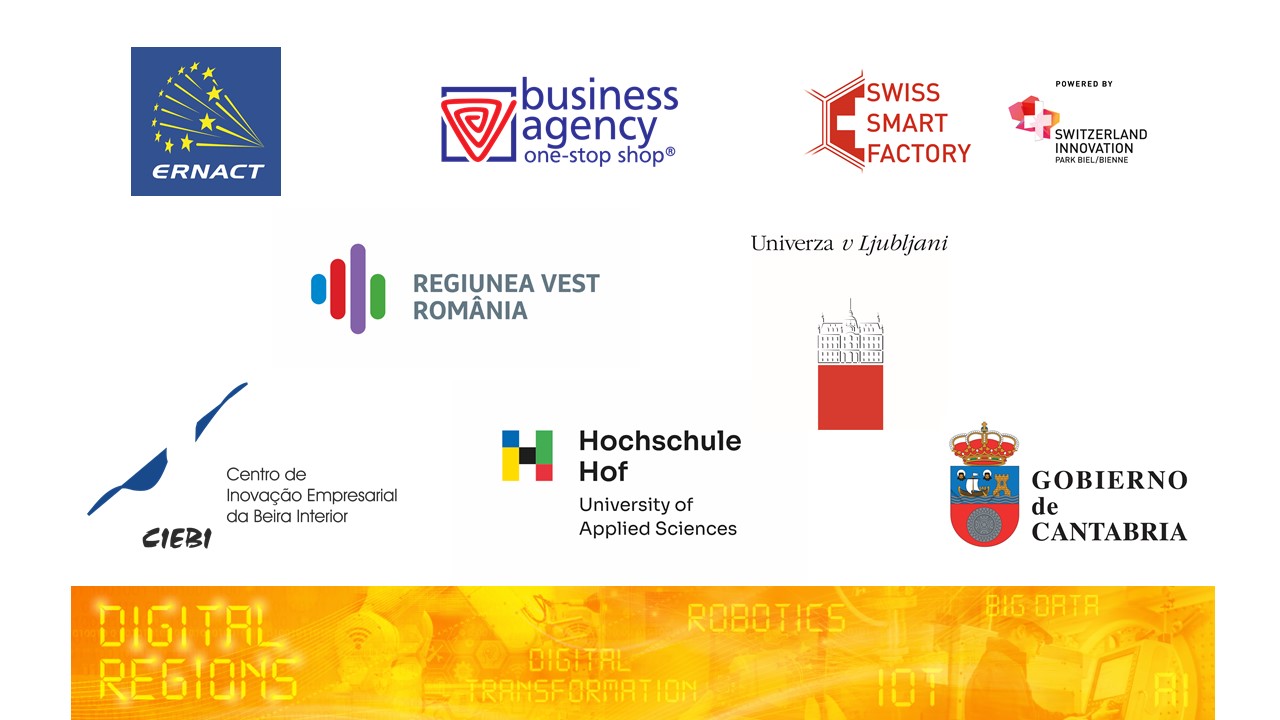Désirée Neeb | Hof
Upper Franconia has increasingly developed into an industrial and innovative region in recent years. Numerous "hidden champions" and world market leaders have their headquarters here. With the annual IT Forum, committed small and medium-sized IT companies, the industry network IT Cluster Upper Franconia, as well as the four Upper Franconian universities as the Technology Alliance Upper Franconia (TAO) improve the public perception of the IT location Upper Franconia as well as the networking of decision makers, experts and users.
This year a double anniversary was celebrated, as the IT Forum Upper Franconia was taking place for the 10th time and the Institute for Information Systems (iisys) was also celebrating its tenth anniversary. Visitors saw examples of projects and companies already implemented in four different panels: Sustainable IT through openness; Never wait for the IT department again! (Low Code Development); Artificial intelligence - from device to service; Competence Center Digital Crafts.
The IT Forum is also intended as a showcase for the IT providers, IT service providers and universities in Upper Franconia, with the aim of showing appropriate solutions for current and future IT requirements and IT applications on site. The focus lies on the user-friendliness of the solutions. For the first time in 2020, exhibitors from southwest Saxony were also be present.
Therefore, the IT Forum provided a great environment to present the Interreg Europe project DIGITAL REGIONS and its goals. The iisys managing director Anne-Christine Habbel and her assistant Grit Götz talked to companies, who were interested in the digitalization process and the improvement of the funding structure in Upper Franconia. Markus Vogler from the Vogler Engineering GmbH (as seen on the picture) was one of the interested parties. With the good experience Vogler Engineering made with the iisys (see project “WiMiT - Economy 4.0 in medium-sized businesses) in the past there is a good chance, that they will be part of the new Digitalisation-project called “Transformation of the middle class with artificial intelligence” (in short: DAMMIT).
The approx. 300 participants also had the chance to “get in touch” with Digitalisation as they were invited to visit the Hands-on-Lounge. In the spirit of the Good Interactive Practices the iisys saw within the Digital Regions Project, e.g. the Swiss Smart Factory, this lounge gave visitors the chance to open drawers in a virtual kitchen as well as to interact with robots, who were able to solve Rubik’s-Cubes. Many 3D printing exhibits showed how far this process has come in everyday life: large vases, an armchair and many small objects were also on display.
Due to the developments of the Corona-Virus, which then had not yet led to the cancelling of events, participants engaged with each other under the motto "Smile instead of shaking hands". People from the whole spectrum of IT and Digitalisation were able to exchange knowledge and new project ideas.
Keynote speakers with opposite takes on Digitalisation
Pro-Digitalisation: Laura Winterling – a physicist, former astronaut trainer and entrepreneur . In her entertaining presentation, the astronaut trainer encouraged her audience to "deal painlessly with digitalization" by describing the particularly flexible and creative way astronauts deal with problems.
Against-Digialisation: Prof. Dr. Manfred Spitzer – brain researcher and book author on the topic of “digital dementia”. Prof. Dr. Manfred Spitzer is a digitalistion sceptic and explained his view: Countries that have invested a lot of money in the digitisation of schools are now in worse positions in the Pisa study. "Germany spent less money there, so we are now 10 percent better," said the dementia researcher. In fact, there is no study that says that more digitisation in schools leads to better school results.
About the Institute for Information Systems at Hof University (iisys)
The Institute for Information Systems is the central research facility for computer science at Hof University of Applied Sciences. It is financed by the Free State of Bavaria, the Upper Franconian Foundation and the European Union. iisys focuses on integrated information systems in a business environment and in the areas of civil security and health. The current focus is on the topic "Industry 4.0". The research groups are working hand in hand with network partners on this topic in order to master even complex interdisciplinary requirements. The aim is to develop new services and products which are directly used in the company and which are can be. The software and system houses act as multipliers, so that the further development or service over the complete product life cycle are ensured.












